I have to find a double integral as a function of $ \alpha, \beta $ and $ \gamma $.

f(a,b,c) = \int_0^1 \int_0^{1-y1} \gamma(a+b+c)/\gamma(a)/\gamma(b)/\gamma(c) * y1^(a+1) * y2^(b-1) * (1-y1-y2)^(c-1) dy_2 dy_1
The output of this double integral should be an R function that takes three arguments a, b and c. How can I implement this in R?